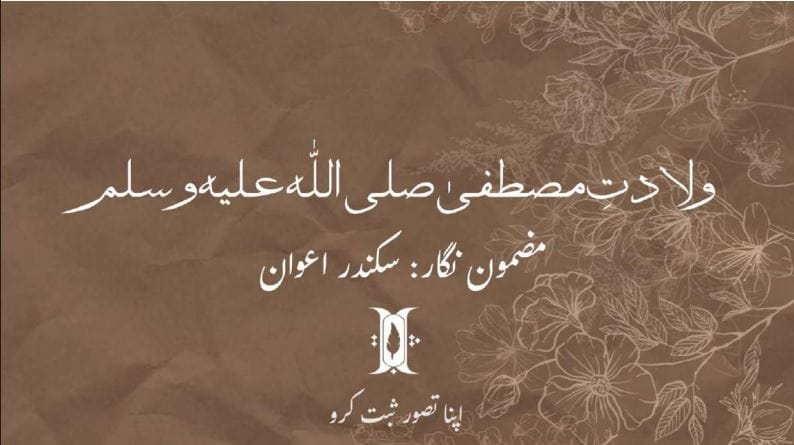Maghrib Aur Hum by Ain ul Hayat
In today’s world, many Muslim societies look to the West with mixed emotions. Some aspire to settle there, while others hold negative perceptions of Western culture. This dynamic reflects the complex relationship between the Muslim world and the West, characterized by feelings of inferiority, development gaps, and a lack of unity. To break free from this mental slavery and achieve equality with the West, Muslim nations must prioritize education, unity, and a balanced approach to religion and worldly affairs.
Unmasking the Chains: Perceptions of Western Superiority
One of the key factors perpetuating mental slavery among Muslim nations is the perception of Western superiority, largely due to their advanced development. We examine this perspective in a historical context, tracing the West’s evolution from the Dark Ages to becoming global educational leaders. Additionally, we analyze the disparities in progress between the West and Muslim nations in various fields.
Unity: A Missing Puzzle Piece
A striking contrast exists between Western nations, which often unite despite their differences, and Muslim nations, plagued by sectarianism and internal conflicts. Drawing inspiration from the unity displayed by early Muslim companions at the Battle of Badr, we highlight the importance of unity as a fundamental step toward overcoming mental slavery.
The Power of Education: Bridging the Gap
Education is a potent tool for individual and national development. We illustrate its transformative impact, drawing from historical examples like Sir Syed’s efforts to promote the British language and education. Emphasizing the imperative for Muslims to advance in education, we explore how this can enable them to challenge the West and regain their rightful place in the world.
Striking a Balance: Religion and the Modern World
In an era marked by aspirations to free Al-Aqsa Mosque and combat Islamophobia, we discuss the necessity of engaging with the Western world. We advocate for a balanced approach, emphasizing the importance of unity and unwavering faith to regain global prominence, while also nurturing consciousness.
Conclusion: Breaking Free from Mental Slavery for a United, Empowered Future
In conclusion, we stress that to break free from mental slavery and attain equality with the West, Muslim nations must prioritize education, unity, and a balanced approach to religion and worldly affairs. By nurturing faith, consciousness, and harmony, the Muslim world can again rise to prominence on the global stage. Understanding and acting upon these priorities is crucial to breaking free from the shackles of mental slavery that have held Muslim nations back for far too long.



From Idea to Nation-State: The Pakistan Movement Through a Conceptual Flowchart (Blog) by Professor Tariq Mehmud